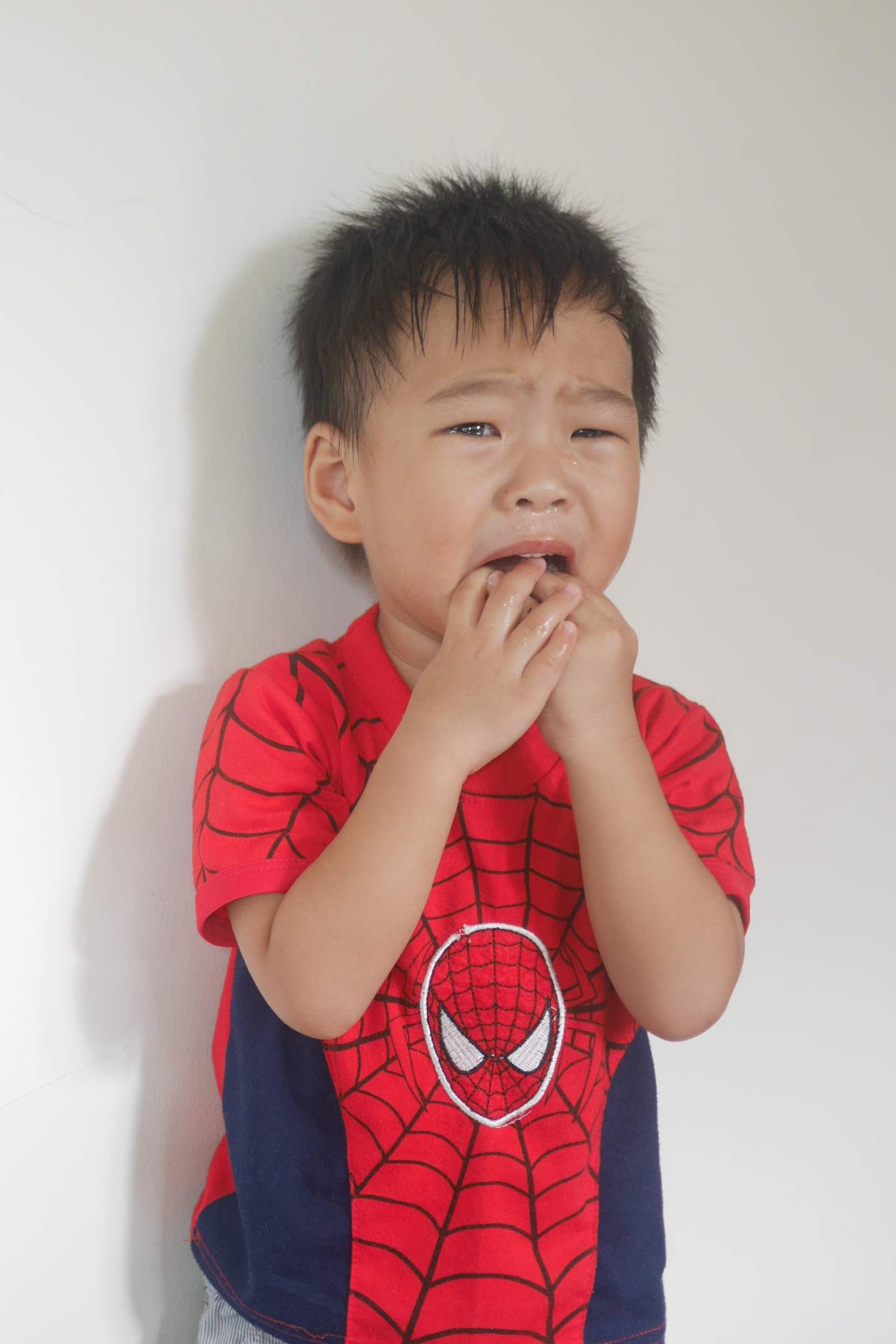
As adults, we all know “forgiving someone” is up on the list of the toughest things to do. Yet we sometimes expect our children to execute forgiveness almost on cue and quickly have everyone move on from an unpleasant situation. But often, one child is left still hurting. His feelings haven’t been appropriately acknowledged or respected, and he / she may even remain bent on revenge. The other child learns nothing about humility, or how to repair relationships.
It’s no wonder that many kids (and adults) are confused about forgiveness, and that confusion hampers their ability to give and receive grace. When you consider your children, could they be struggling with some of these misconceptions? For every misunderstanding, there’s always a truth! Perhaps here’s what we can start discussing with our children the next time the opportunity to forgive someone arises.
Misunderstanding #1: Forgiveness means my hurt doesn’t matter
Truth: Forgiveness should acknowledge the hurt When someone apologizes, instead of saying “That’s okay.” We can teach our children to say, “Thank you for your apology. I was really hurt by what you did.”
Misunderstanding #2: Forgiveness makes you a pushover
Truth: Forgiveness isn’t foolhardy We have to teach our children that forgiving someone doesn’t mean we can expect that person to change immediately. But, what we can do on our end is to make sure that our kids understand sincerity when apologizing. They could make a card or give a gift to the person they’ve hurt.
Misunderstanding #3: Forgiveness is supposed to be immediate
Truth: Forgiveness can take time … And its important for kids to know that its okay to ask for more time. We can teach them to respond, “You are important to me, and I choose to forgive you. But I need some time for my feelings to be the same with my choice.” There should also be a commitment to clear closure within a reasonable time frame of course.
Misunderstanding #4: Forgiveness means saying “I’m sorry”
Truth: A proper apology is a little more complicated – and a lot more effective It’s important for kids to know that hurting people sometimes need to hear more than just “I’m sorry.” Some other ways of adding to that could be by expressing regret – “I’m sorry for . . .” (Be specific about what they have done), by accepting responsibility – “I was wrong”, by making restitution – “What can I do to make it right?”, by genuinely repenting – “I’ll try not to do that again”, and by requesting forgiveness – “Will you please forgive me?”
Have you had an opportunity to speak with your kids about forgiveness? How did it go?
This post is based on a Focus on the Family Singapore article titled “But Mummy, He’s Wrong!”





